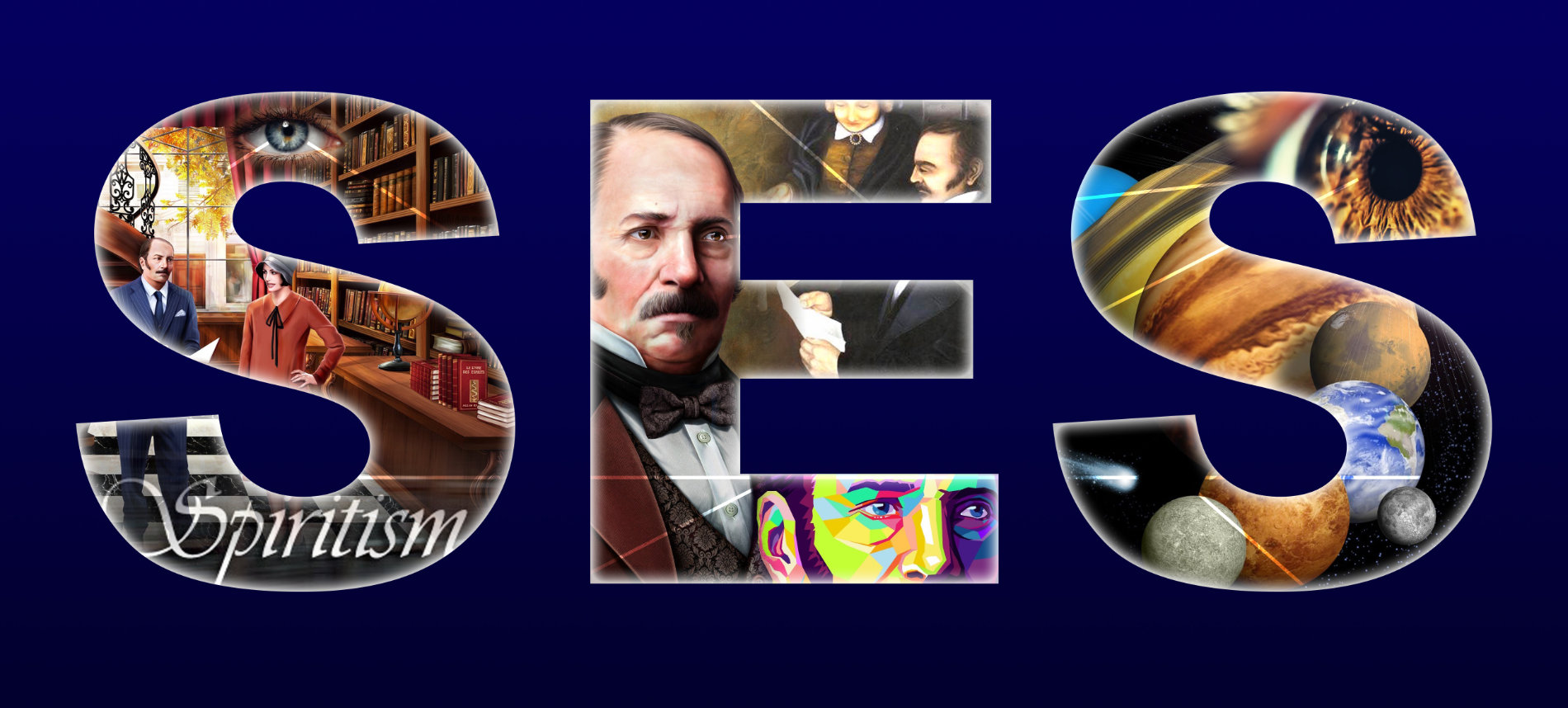
The Spirits’ Book – More Cutting Edge Today Than Ever
In the morning of April 18, 1857, a print master delivered 1200 copies of the book to the Dentu bookstore in the heart of Paris. The precious freight had traveled quite a distance to its destination; from Saint-Germain-en-Laye to Paris by horse-drawn carriage, a journey of 20 kilometers to be exact. The book was born with a mission, one that transcended the estimates of every one of its craftsmen, including its author, Allan Kardec. The volumes, leather bound with shining gold lettering, represented the fruition of a great project.
Livrerie Dantu, 1857.
Paris, city of lights, was the intellectual and artistic capital of the Western world in the 19th century. It served as the birth for most important literary movements of the times. It was the century of Victor Hugo, Madame de Stael, Alexandre Dumas (father), Gustave Flaubert and his Madame Bovary, and Emile Zola.
In the arts, France teemed with the genius of Edouard Manet, Gustave Dore, Edgar Degas, and Claude Monet. In philosophy, the century was marked by the scientific positivism of August Comte, which established that authentic knowledge comes only from the confirmation of theories through scientific methods. However, the ferment of an even greater revolution was spreading through Europe. An intellectual revolution that was linked to France through Lamarck, but also strongly rooted in the United Kingdom. In the early years of the century, discoveries in geology and paleontology had set the terrain for the science of evolution. By 1844, the general concept of evolution was widely accepted. In 1851, Herbert Spencer, coined the term of ‘survival of the fittest.’ In 1855, Darwin exchanged ideas and papers with colleagues about the mechanisms of evolution.
“The only unshakeable faith is that which can withstand reason, face to face, in every stage of humankind’s progress.”

The Tree of Life.
Humanity lived a moment of great anticipation and transition. The scientific views on evolution that dominated the academic debate had the potential to unsettle the monolith of religious theology. Evolution, if confirmed, would disprove the biblical concepts of creation, and the role of God in the creation of earth. The very foundation of the Judeo-Christian civilization was at great risk.
It was at this very bewildering moment of the human history that The Spirits’ Book was released in France, almost two years before the publication of the On The Origin of Species, by Charles Darwin, in England. We can only assume that, based on current spiritual knowledge, that this was not an accident. The extensive research work conducted by Allan Kardec interviewing mediums, compiling, sorting, and classifying the material they received had started ten years earlier. With the assistance of a small number of collaborators Allan Kardec articulated the philosophy that became known as the Spiritist Doctrine. The work was not however a simple compilation of scattered ideas generated by mediums in different countries. Allan Kardec applied the principles of a rigorous positivist methodology to this body of knowledge. The importance of this fact must not be overlooked since positivism represented at the time the most advanced proposal in an area that came to be known in the 20th Century as philosophy of science.
The second and possibly most notable aspect of Allan Kardec’s stance is the affirmation of the concept of evolution, not only in the context of biological species, but in the more complex context of the transformation of the human soul. In one single stroke, The Spirits’ Book, destroyed the concept of hell as a place for the wretched—since every soul would have continuous progress as their destiny–, and showed how the spirit, by incarnating in the flesh, becomes a driver (and beneficiary) of the evolution of the human species.

Charles Darwin
Today, we reflect on the controversy which still rages in the United States about the theory of evolution and creationism. More than 50% of the American population today still finds considerable difficulty in reevaluating the notion that God created human beings as they currently are. The debates and polemics that have taken hold of school systems in America are clear indications of the magnitude of Allan Kardec’s task. The Spiritist Doctrine was ahead of its time then, and is still ahead of its time today. The consciousness of the masses is only occasionally permeable to the ideas that the enlightened intelligences conveyed in The Spirits’ Book. The ideas advanced in The Spirit’ Book are not and were not in any sense new or revolutionary. According to Allan Kardec, the book is just a repository of the timeless wisdom of humankind.
More than fifty million copies have been sold. We celebrate a work that shredded the veils of the dogmas that had eclipsed human reasoning for centuries. Appropriately, we salute in this book, all the heroes whose words found their way into the text, all the heroes whose efforts sustained Allan Kardec in his mission, and all the heroes who (from the spirit realm) have continued to sustain its wisdom. What’s more important, we thankfully salute the Creator whose breath gave us life, and whose love gave us The Spirits’ Book.



Recent Comments